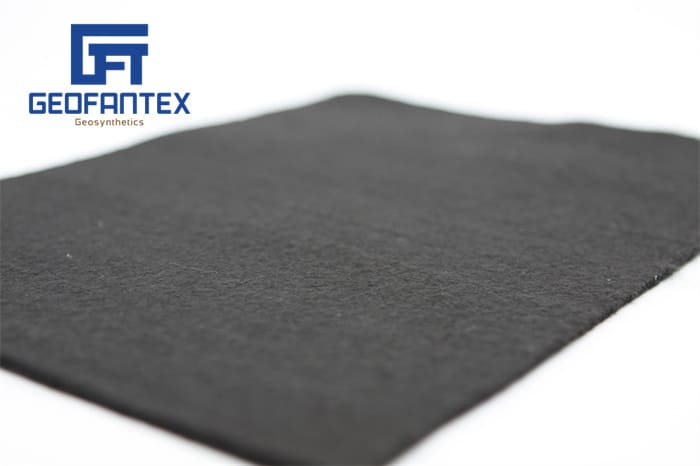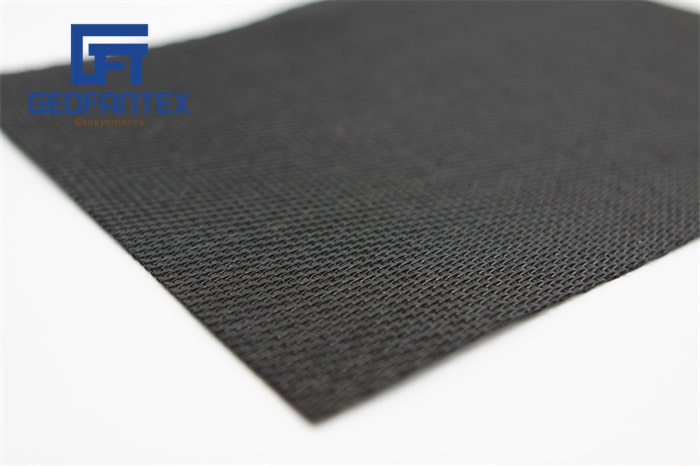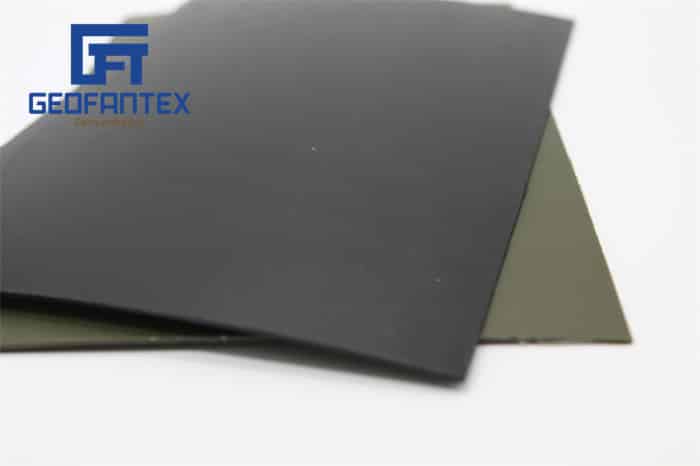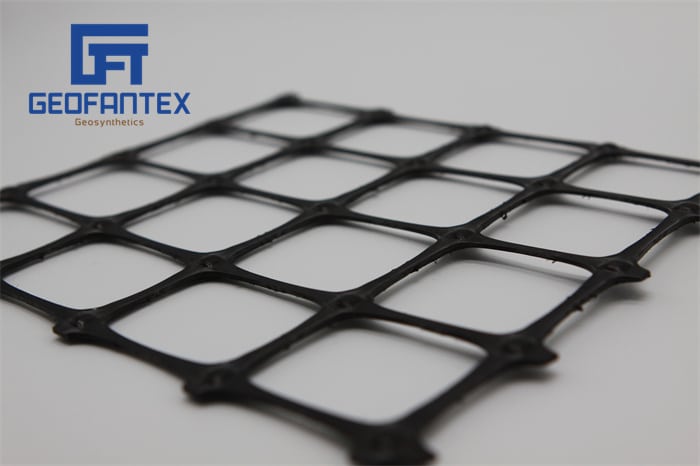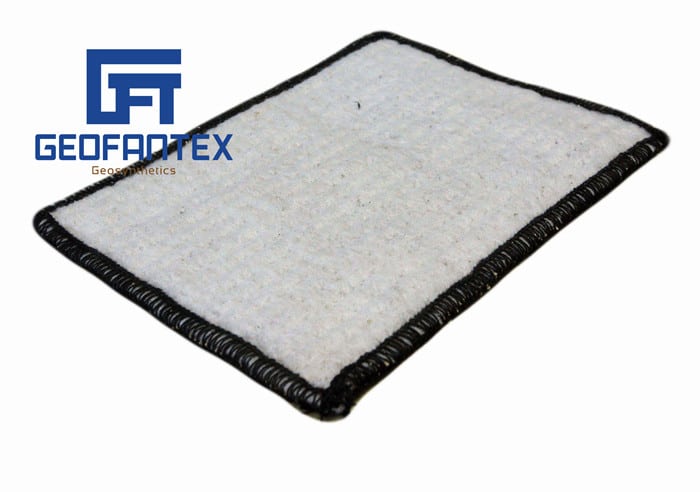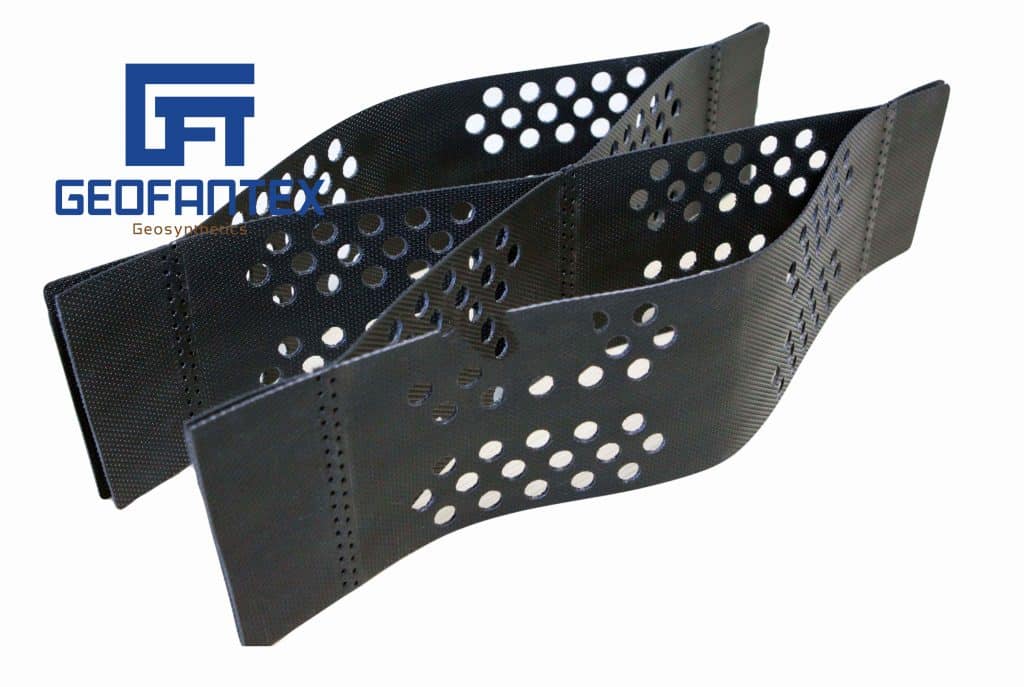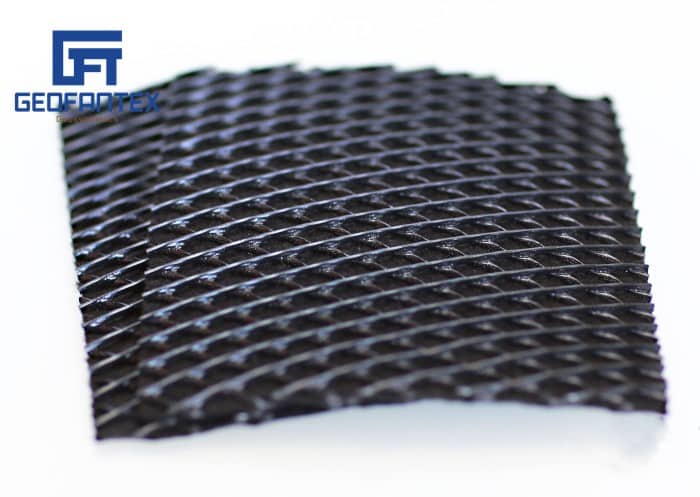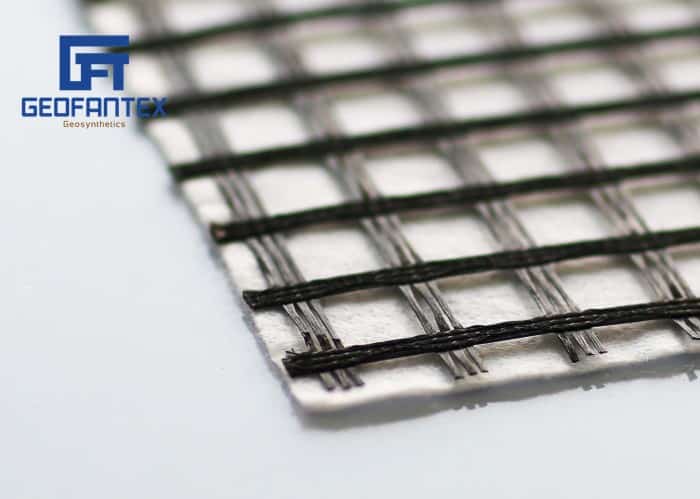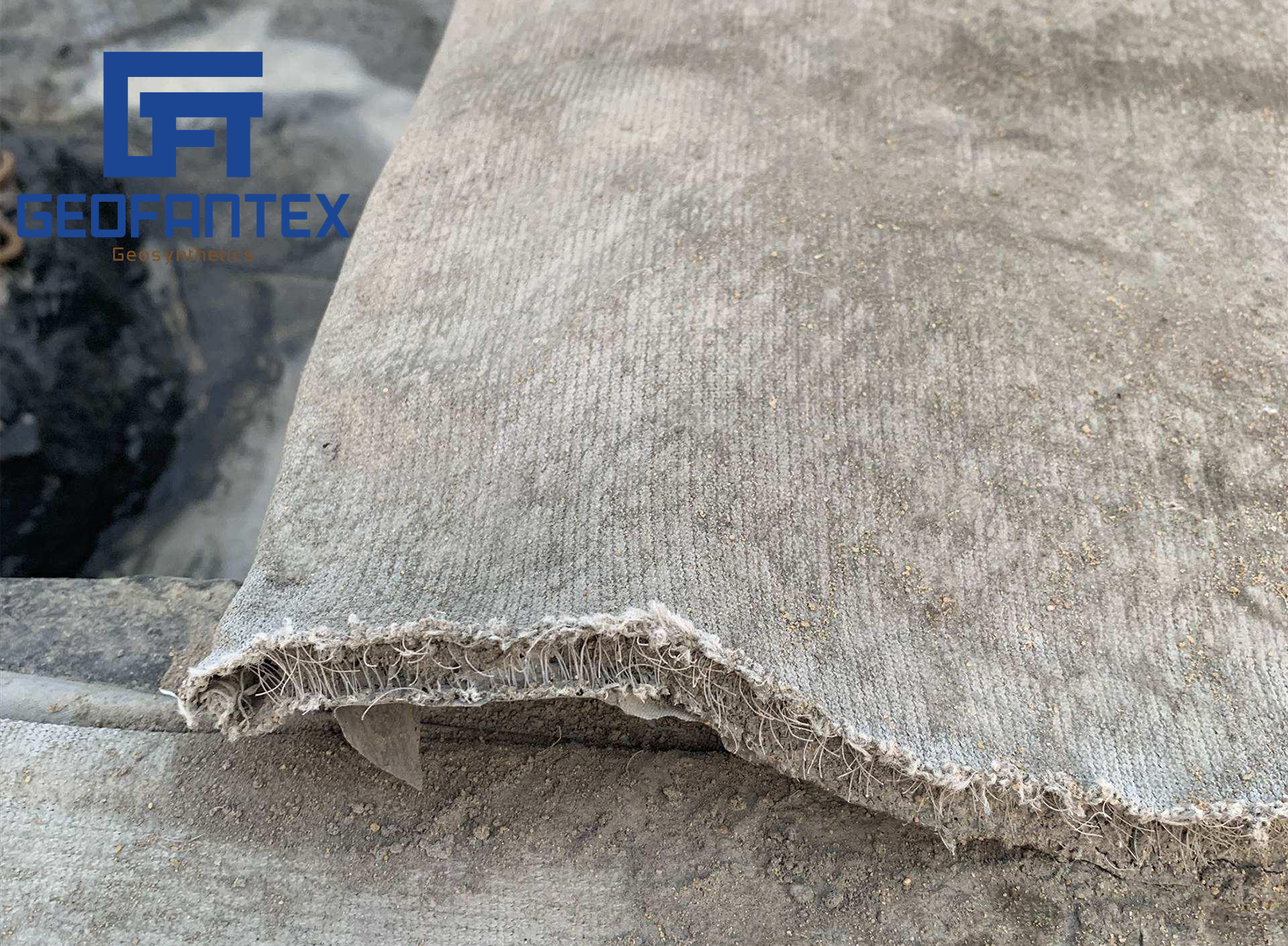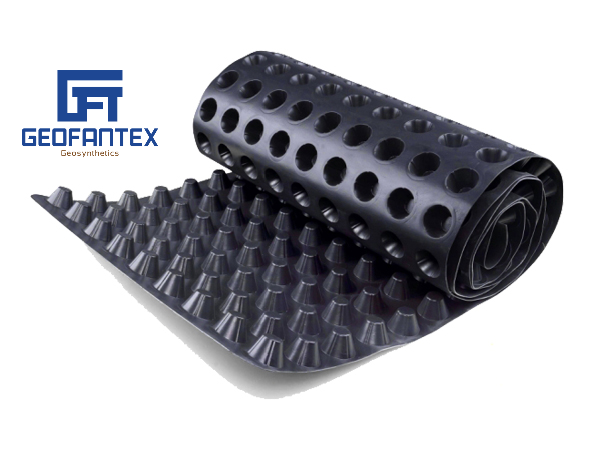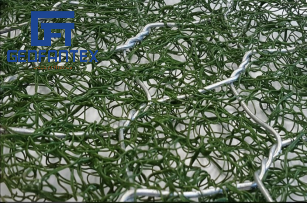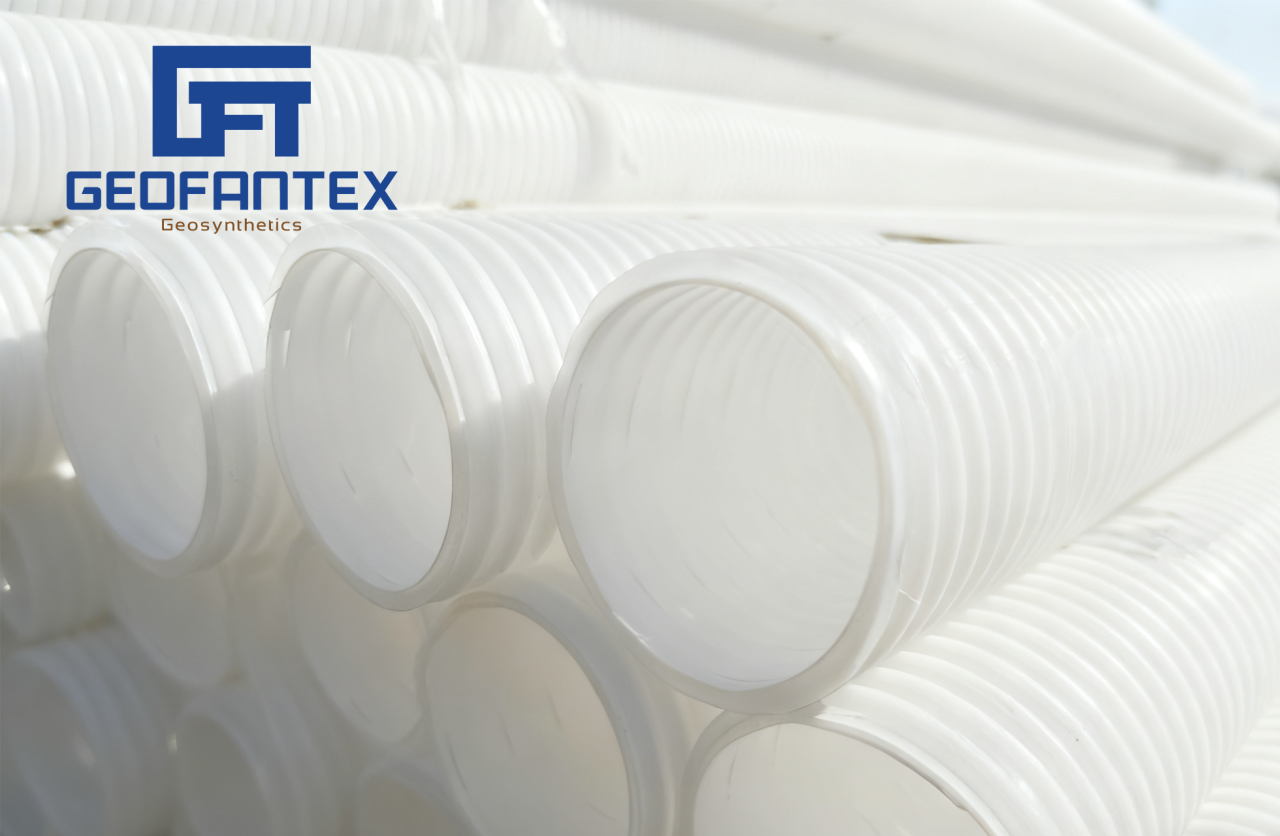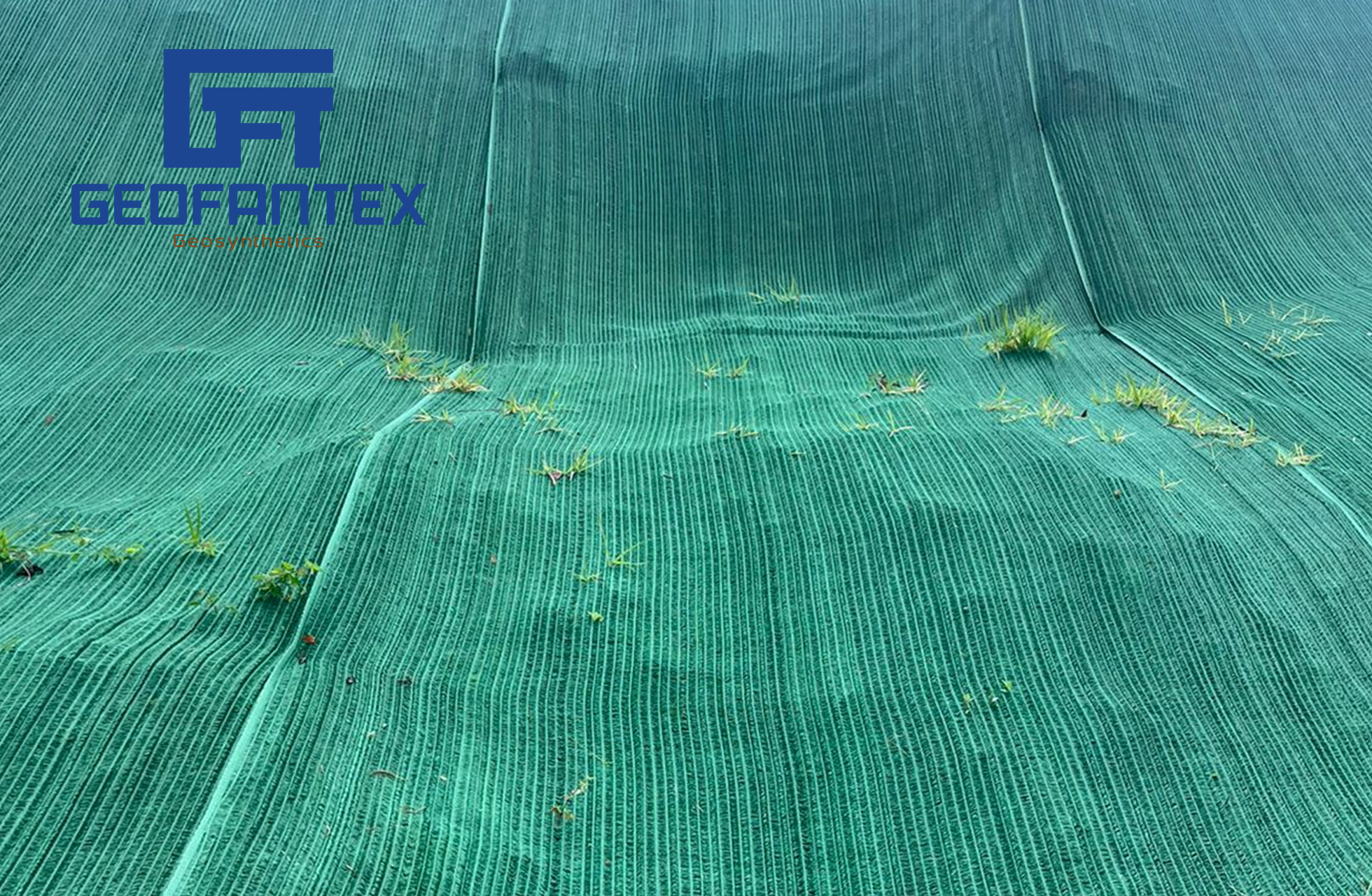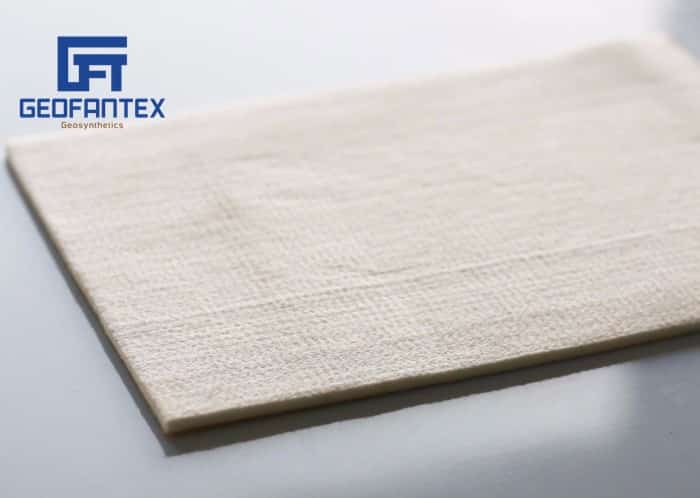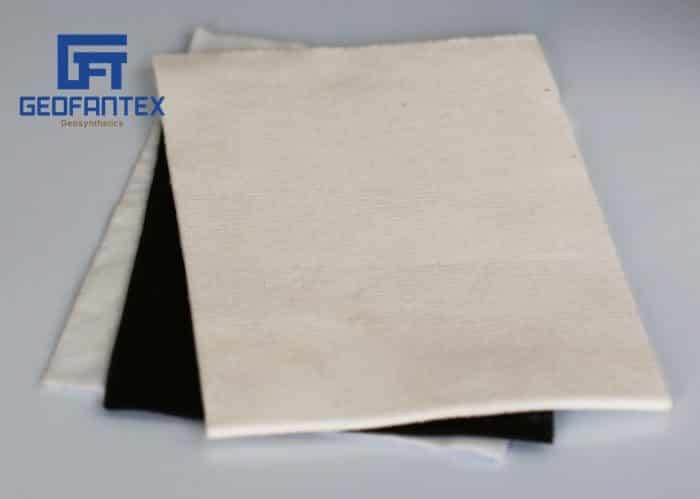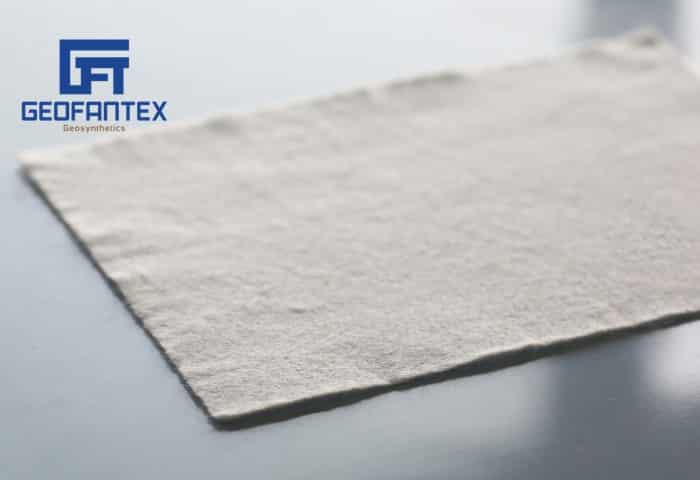+86-159 9860 6917
info@geofantex.com
geofantex@gmail.com
+86-400-8266163-44899
Building a geosynthetic wall is an effective solution for stabilizing slopes, preventing erosion, and reinforcing soil structures. Many professionals and engineers face challenges when designing and constructing these walls. Below are some common questions and their solutions to ensure a durable and efficient geosynthetic wall installation.
What Are the Key Benefits of Using a Geosynthetic Wall?
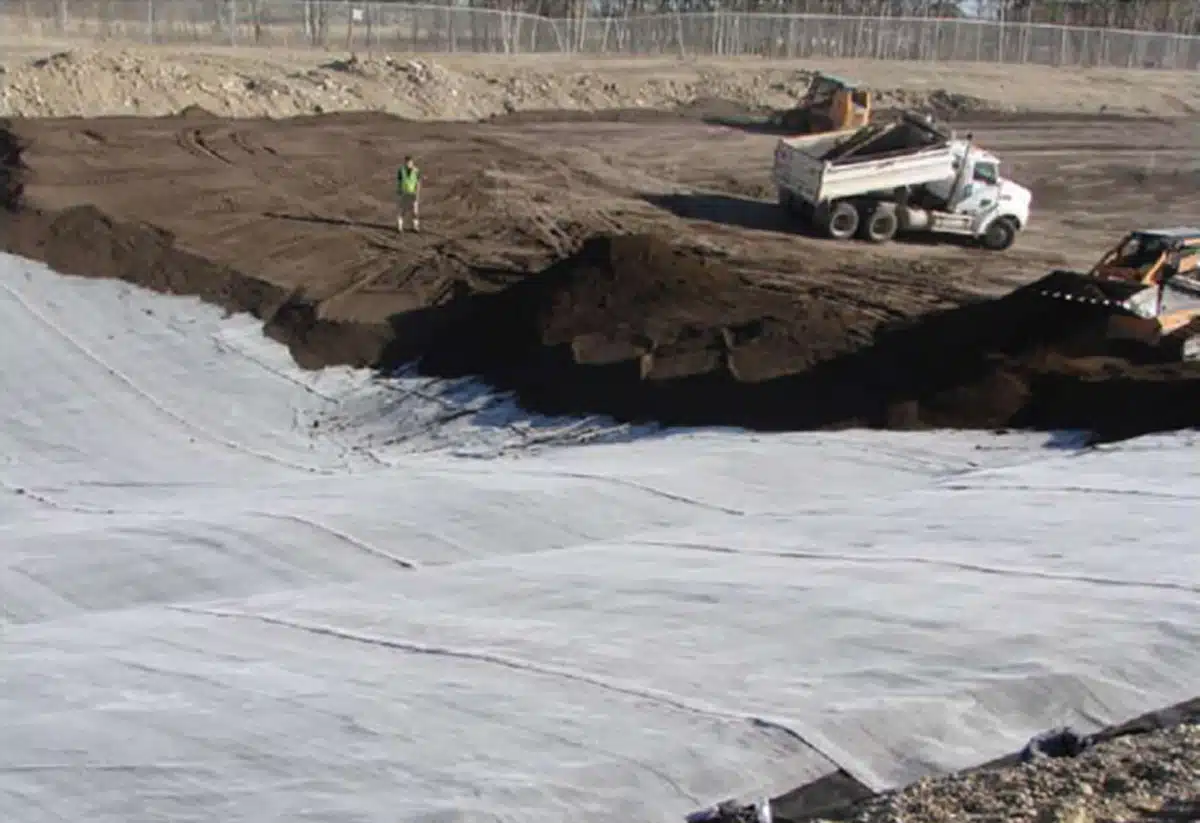
Geosynthetic walls offer several key benefits, making them an increasingly popular solution in civil engineering projects. Here are the primary advantages:
- Cost-Effective: Geosynthetic walls are generally more affordable than traditional construction materials like concrete or stone, offering significant savings in both material costs and labor.
- Quick Installation: The installation of geosynthetic walls is faster compared to traditional methods. This reduces construction time and labor costs, leading to quicker project completion.
- Durability and Longevity: Geosynthetics are highly resistant to wear, weathering, and chemical degradation. They provide long-term stability and reduce the need for maintenance.
- Flexibility: These walls are adaptable to various project requirements and can be used in a variety of soil and environmental conditions. They can also conform to irregular shapes or difficult terrain.
- Environmental Benefits: Geosynthetic materials are often made from recyclable products, and their use helps minimize the environmental impact by reducing the need for mining and quarrying.
- Enhanced Performance: Geosynthetic walls offer superior drainage, which helps reduce hydrostatic pressure. This can prevent soil erosion and improve the overall stability of the wall.
Are you exploring this for a particular type of project or looking for more specific details on its application?
How Do You Select the Right Geosynthetic Material?
Choosing the appropriate geosynthetic material depends on factors such as soil type, load requirements, and environmental conditions. Common options include geotextiles for filtration, geogrids for reinforcement, and geomembranes for waterproofing. Consulting with a geosynthetics expert ensures the selection meets project specifications.
What Are Common Installation Mistakes to Avoid?
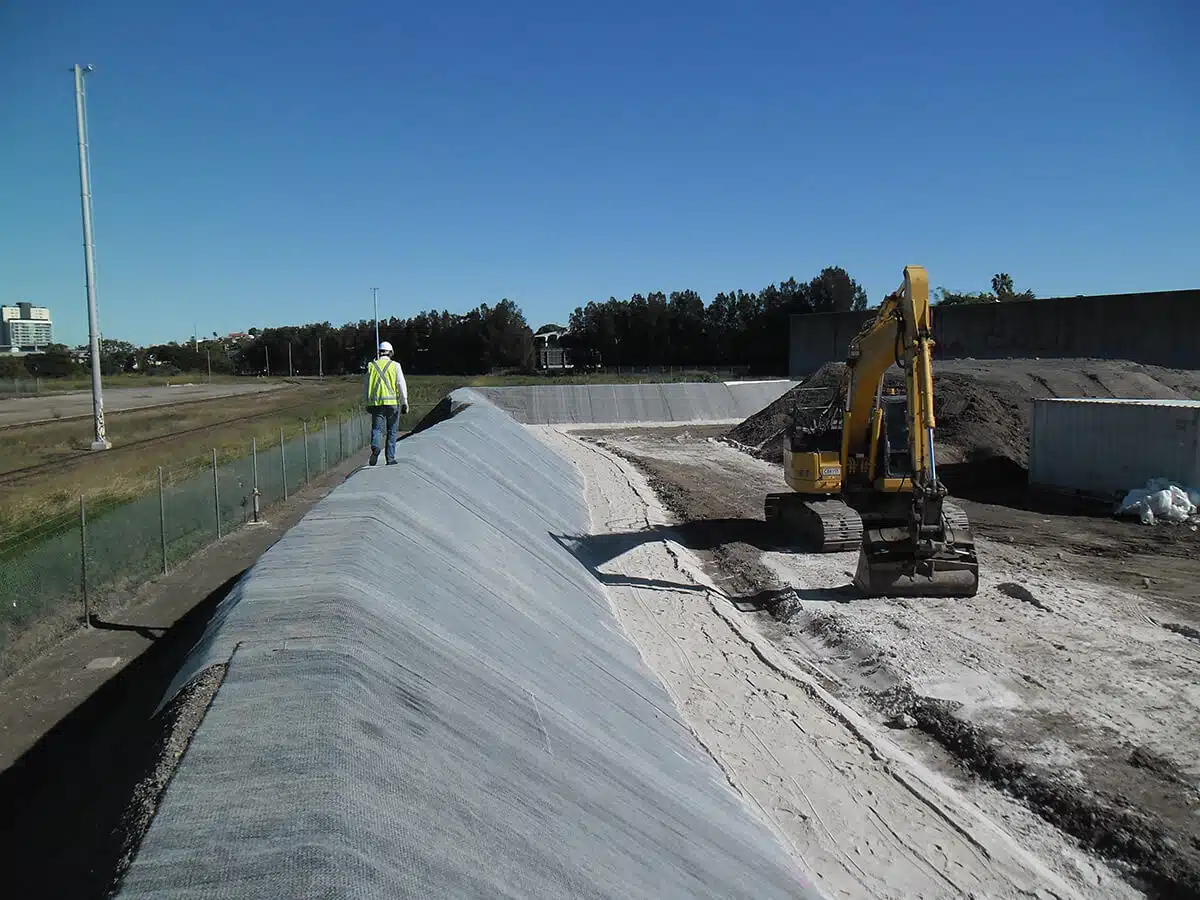
Improper material placement, inadequate compaction, and poor drainage design can compromise wall performance. To prevent failure, ensure proper anchoring of geogrids, use high-quality fill materials, and incorporate an effective drainage system. Regular inspections during construction also help maintain structural integrity.
How Can You Ensure Long-Term Performance?
To extend the lifespan of a geosynthetic wall, use durable materials, follow engineering guidelines, and conduct periodic maintenance. Vegetation can also enhance stability by reducing surface erosion. Proper monitoring and timely repairs help maintain the wall’s strength over time.
By addressing these common concerns, you can successfully implement a geosynthetic wall that provides long-term stability and durability.
A geosynthetic wall is a reliable solution for soil stabilization, erosion control, and structural reinforcement. This article addresses common concerns, including its benefits, material selection, installation mistakes, and long-term maintenance. Using the right geosynthetic materials, ensuring proper installation, and following maintenance guidelines can enhance the wall’s durability and performance over time.
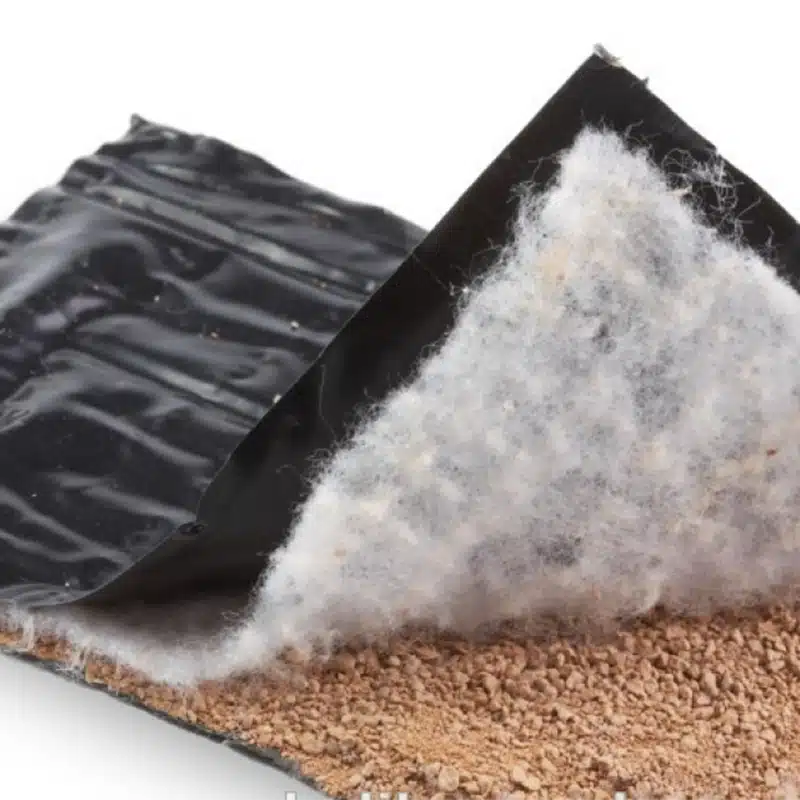
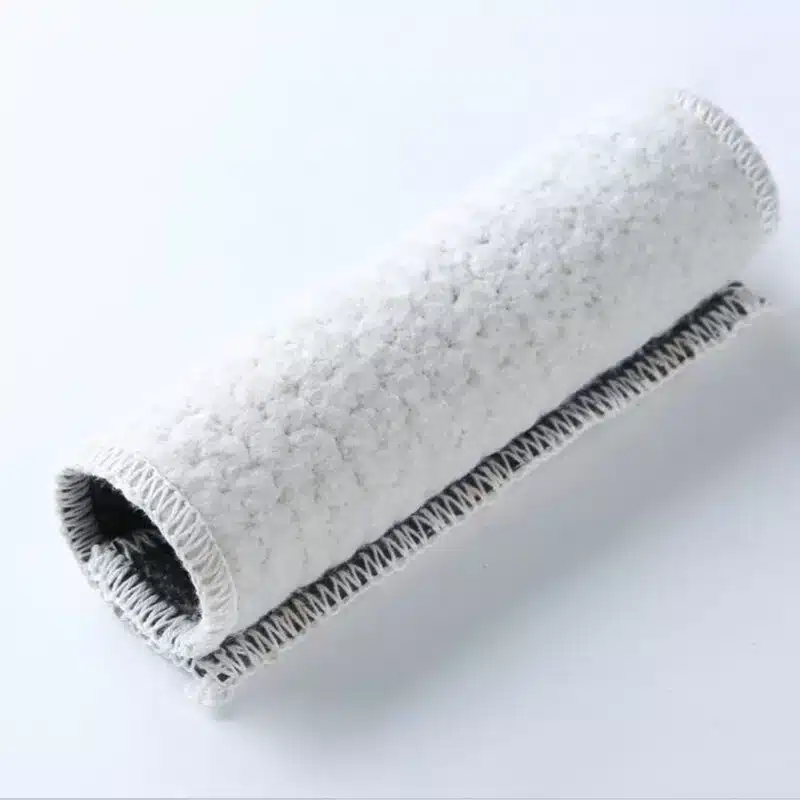
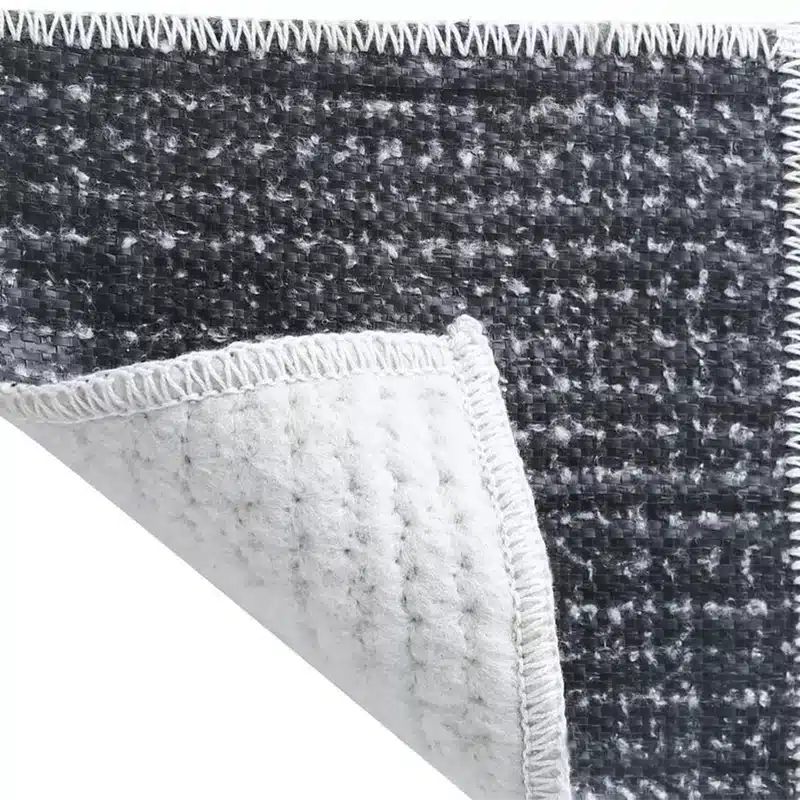
Get Free Sample
We’ll respond as soon as possible(within 12 hours)

